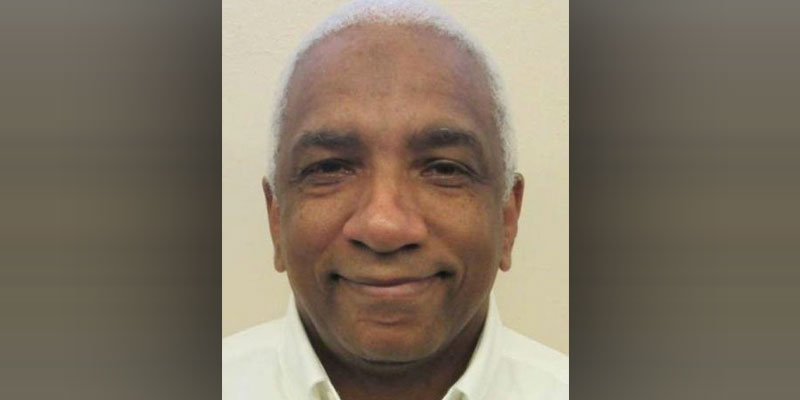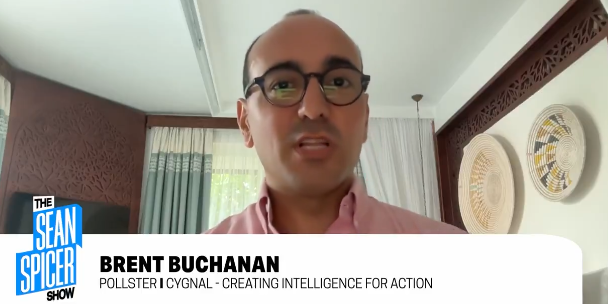
The United States Supreme Court ruled today that Alabama death row inmate James Edmond McWilliams, Jr. did not receive a proper mental health evaluation at his 1985 murder trial.
McWilliams was convicted of raping and killing a convenience store clerk in Tuscaloosa and was sentenced to death for the murder. McWilliams was indigent, and 31 years ago defendants in his position weren’t automatically appointed a mental health expert to evaluate their condition, as they are today. His lawyers appealed his death sentence, “arguing that the State had failed to provide him with the expert mental health assistance the Constitution requires, but the Alabama courts refused to grant relief.”
As previous court records show: “In elementary school, James McWilliams sustained a head injury when a group of boys attacked him and beat him over the head with a glass bottle. He lost consciousness, he bled from the ear and scalp, and glass had to be removed from inside of his head. After that injury, McWilliams’s behavior changed; he became a disruptive child.”
Before McWilliams was sentenced, a state-appointed psychologist said he was mentally impaired and that he was taking psychotropic drugs. His lawyers received this report two days before he was sentenced, prompting them to request a continuance that was denied by the Tuscaloosa trial judge. The ruling was appealed through the years before the 11th Circuit Court of Appeals ultimately sided with the trial court, denying his motion.
As today’s opinion stated, “The question before us is whether the Alabama Court of Criminal Appeals’ determination that McWilliams got all the assistance to which Ake entitled him was “contrary to, or involved an unreasonable application of, clearly established Federal law.”
The majority’s decision relied on what they deemed to be a precedent set the case they mention above, Ake v. Oklahoma, so today’s decision doesn’t come as a huge surprise. In a split, 5-4 Decision, Justice Stephen Breyer wrote for the majority, saying that the mental health assistance provided McWilliams’ “fell far short” of what his case required. Today’s ruling essentially says McWilliams is entitled to such an expert and it ordered a lower court to reconsider his death sentence.
Four conservative justices did not agree, contesting the majority’s conclusions regarding Ake. Writing for the minority, Justice Samuel Alito said, “The Court’s approach is acutely unfair to Alabama. The State surely believed that it did not need to brief the second question presented in McWilliams’s petition… It will come as a nasty surprise to Alabama that the Court has ruled against it on the very question we declined to review–and without giving the State a fair chance to respond.”












